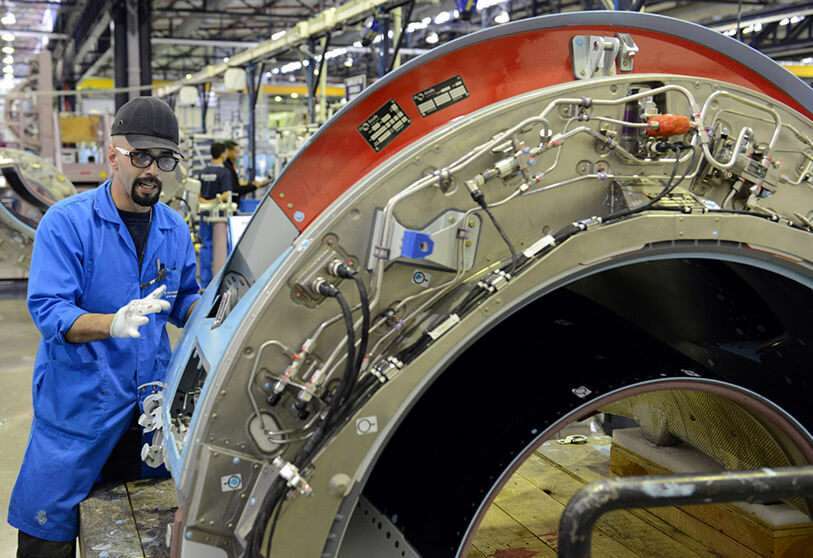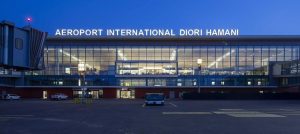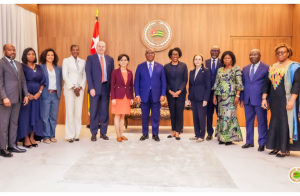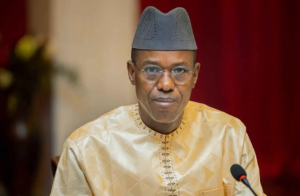Morocco’s Aerospace Industry: Attracting Investors with Strategic Investments

In Morocco, there’s a concerted effort to lure investors seeking to expand their supply chains into regions with accessible and cost-effective labor pools.
To entice these investors, the Moroccan government has committed an annual budget of $2 billion to bolster the aerospace sector.
This financial injection is part of a comprehensive, long-term initiative designed to transition the nation’s predominantly agrarian economy by incentivizing aircraft, train, and automobile manufacturers.
The surge in demand post-pandemic, coupled with disruptions in global supply chains, has highlighted the need for increased production capacity in the aerospace sector.
Moroccan authorities are keenly aware of this opportunity and are actively vying for contracts with major manufacturers to ramp up production and meet the growing demands of the aviation industry.
Mohammed Abdeljalil, the Minister of Transport and Logistics in Morocco, emphasizes the country’s commitment to providing a conducive environment for investors.
“Morocco is strategically positioned to meet the diverse requirements of investors, especially in terms of skilled human resources,” he explains.
The Casablanca Institute of Aerospace Trades plays a pivotal role in this strategy, ensuring a steady supply of well-trained professionals to support the burgeoning aerospace industry.
By strategically investing in the aerospace sector, Morocco aims not only to attract foreign investments but also to foster the rapid growth of its domestic aviation industry, positioning itself as a key player in the global aerospace market.











